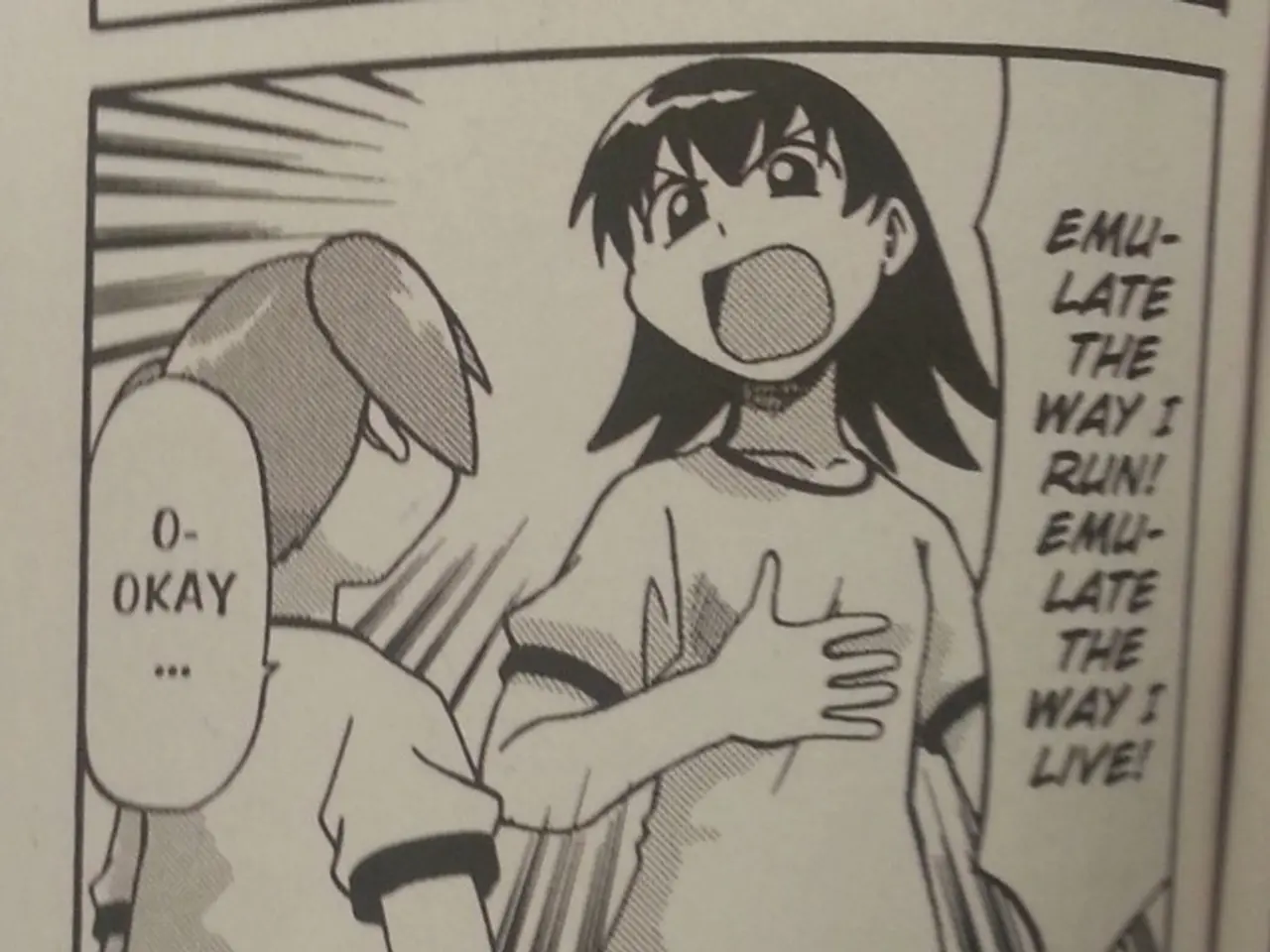Exploring Anxiety's Impact on Existential Philosophy
In the realm of philosophy, existential anxiety is a concept that sheds light on the fundamental nature of human existence. This emotional response, often referred to as "existential dread," is an integral part of the human condition, as it arises from the confrontation with core truths about life.
At the heart of existential anxiety lies the awareness of mortality, our inevitable death, and the uncertainty about what, if anything, lies beyond it. This "death anxiety" is a constant companion, given our unique awareness of our finite nature and the eventual cessation of life [1][2][3].
Another key factor fueling existential anxiety is freedom. Humans realize they have the power to choose their path in life, a burden that generates anxiety due to the overwhelming weight of possibilities and consequences [1][2].
Isolation also plays a significant role. The recognition of our fundamental separateness from others can lead to fears of disconnection or existential loneliness [1]. Furthermore, the possibility of life’s meaninglessness can cause anxiety, as individuals are challenged to create and affirm their own purpose in a seemingly indifferent universe [1][2].
Philosophers such as Jean-Paul Sartre and Karl Jaspers view this anxiety not as a harmful entity but as having a "therapeutic function." It forces individuals to face the "nothingness" underlying existence and can lead to greater authenticity by compelling a person to confront their freedom and responsibility honestly [4].
Existential anxiety thus serves as a catalyst toward self-awareness and existential authenticity rather than merely a psychological pathology [1][2][4]. It reveals the essential realities of the human condition: mortality, freedom, isolation, and meaning. It highlights the tension between possibility and reality, compelling the individual to live authentically despite uncertainty and finitude.
It's essential to note that existential anxiety is not exclusive to philosophers or intellectuals. It is a natural response to life's uncertainties and the lack of inherent meaning. The concept was first introduced by Søren Kierkegaard, who referred to it as "angst," a deep, unsettling anxiety arising from the realization of one's freedom and responsibility [5].
In conclusion, understanding existential anxiety is crucial in navigating the complexities of human existence. By embracing this anxiety as part of our existence, we can engage with the world more fully, live with purpose, responsibility, and a deeper sense of self.
- Exploring philosophies can provide insights into our existential anxiety, helping us grapple with the awareness of mortality and the burden of freedom.
- Personal growth often involves confronting existential anxiety, as it presents an opportunity for individuals to affirm their values, purpose, and identity.
- Health-and-wellness practices or mental-health strategies, like mindfulness and cognitive-behavioral therapy, can help manage the emotional toll of existential anxiety.
- Existentialism suggests that existential anxiety can be a driver for personal growth, prompting an individual to grapple honestly with their freedom and responsibility, leading to greater authenticity.
- Society can play a role in addressing existential anxiety by fostering open discussions about life's meaning, death, and isolation, helping to reduce feelings of disconnection and existential loneliness.
- Ideas like logic, psychology, and science offer different perspectives on understanding and managing existential anxiety, providing tools for coping with life's uncertainties and lack of inherent meaning.
- Engaging with the anxieties and questions of existence can offer a unique perspective on our shared human experience, inviting us to reflect on the essential realities of life, freedom, mortality, and meaning.




